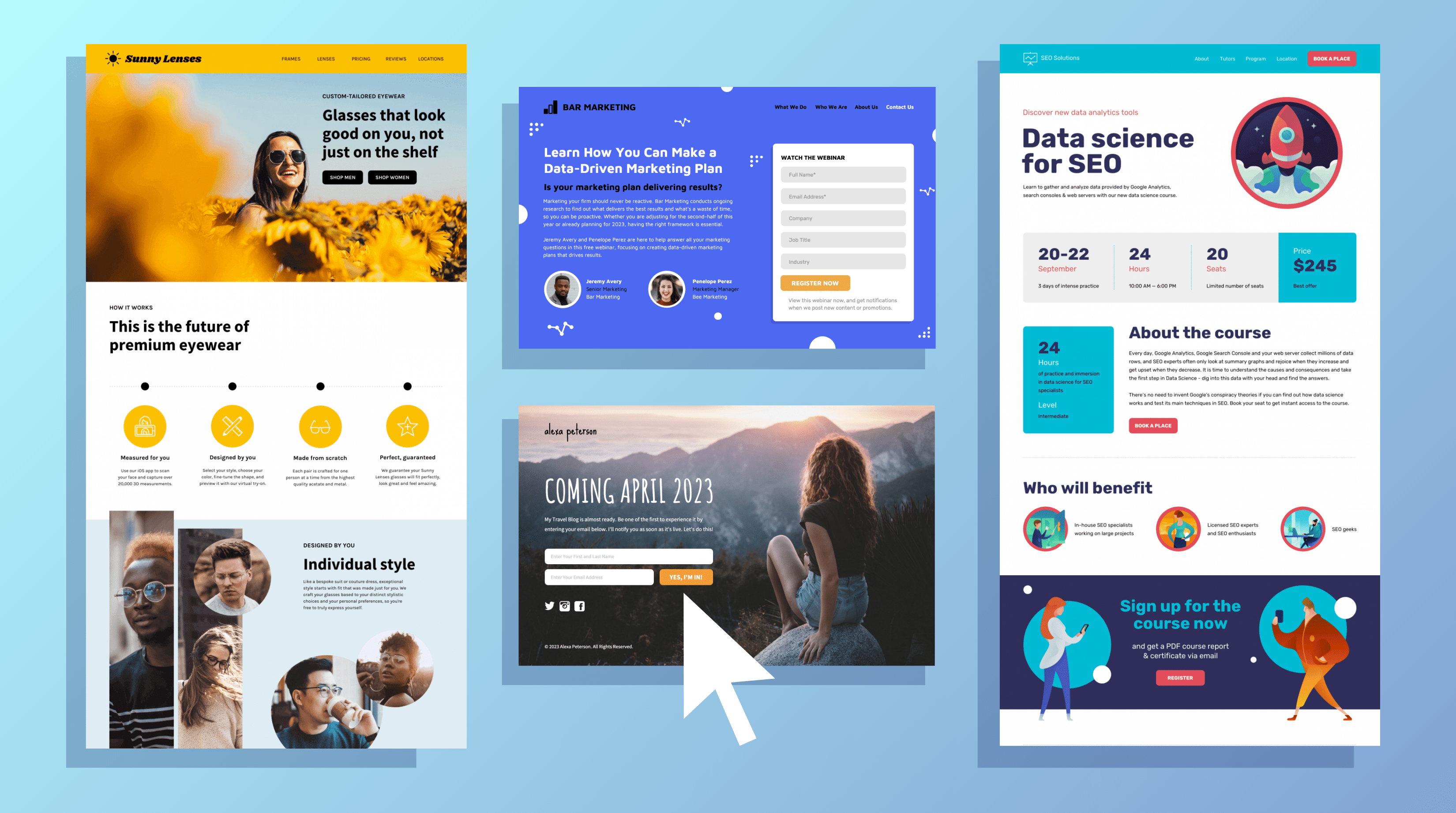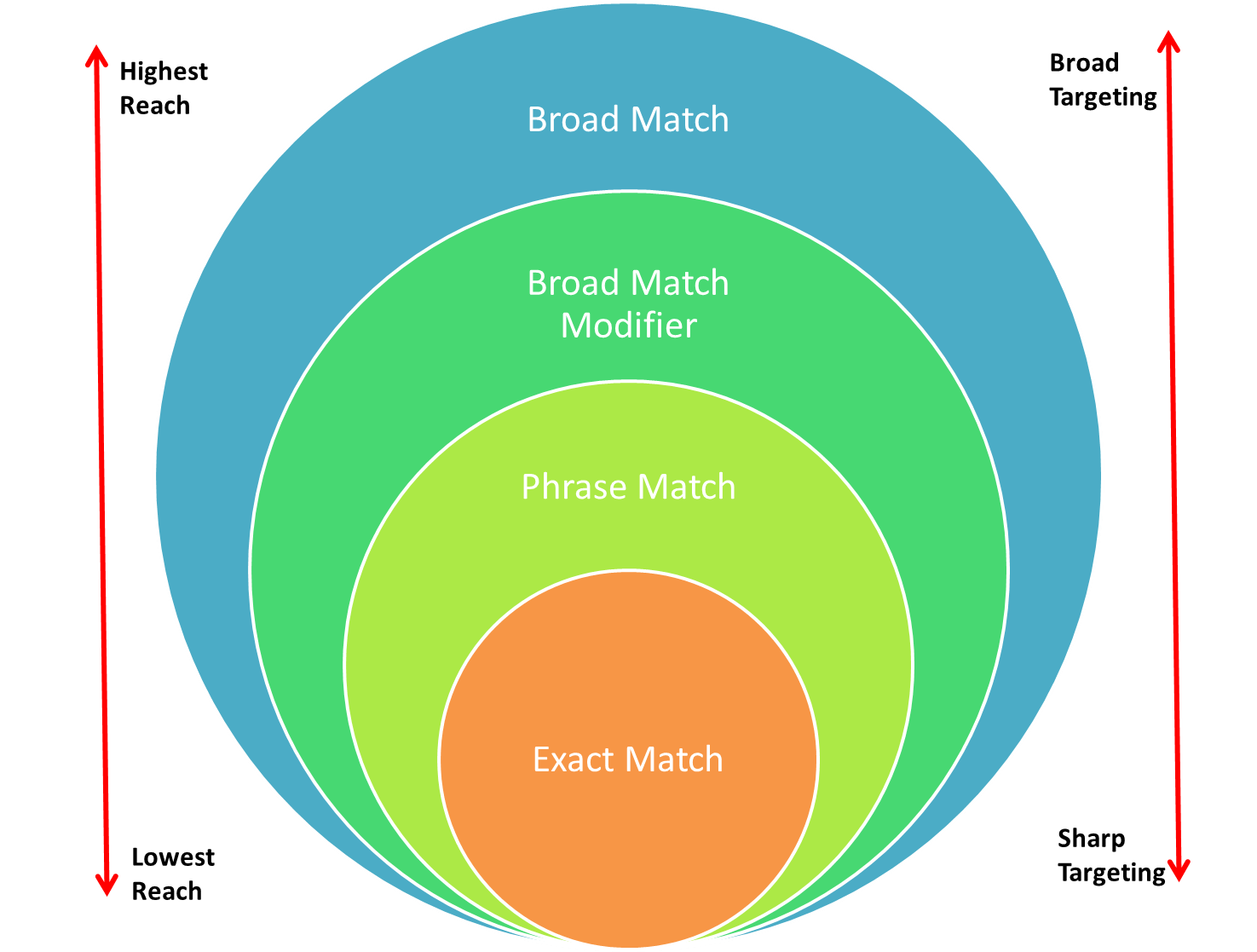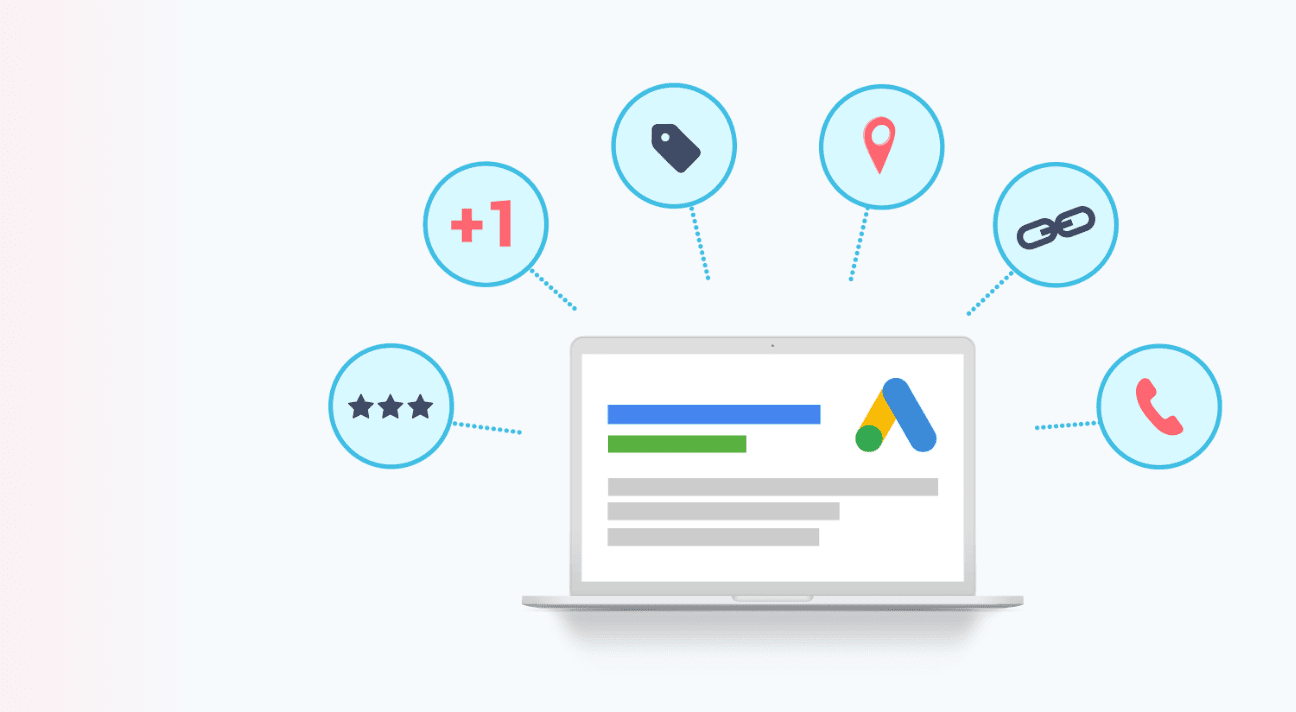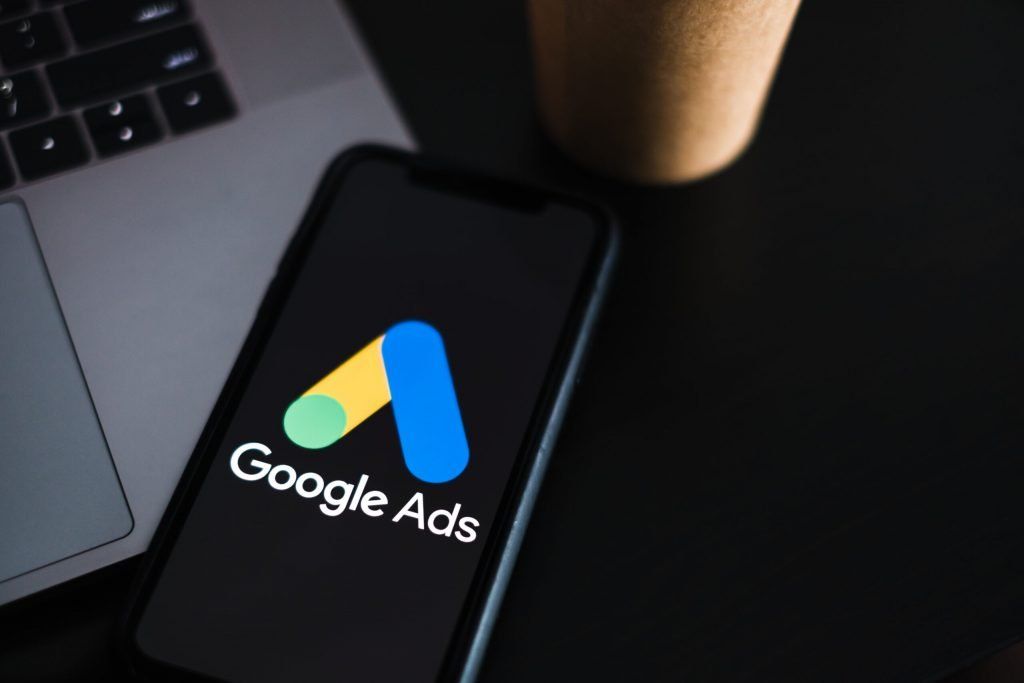8 Essential Google Ads Tips by OBCIDO to Boost Your Revenue
A well-crafted PPC campaign can be a game-changer for advertisers, driving conversions and revenue. There’s no better way to reach potential customers than when they’re actively searching on platforms like Google and Bing, expressing their precise needs.
However, the pay-per-click model means that a poorly managed PPC campaign can cost more than it’s worth. Audience targeting and messaging are unique to every business, but some fundamental tactics consistently deliver results in PPC, regardless of your industry.
While there’s no one-size-fits-all solution for a successful PPC campaign, there are numerous levers you can pull to enhance your outcomes. Here are eight vital elements that are often overlooked but can make a significant difference in optimizing your PPC campaigns, ultimately leading to increased profits.
- Crafting Relevant Landing Pages
One frequently overlooked aspect of paid search is the landing page. Amidst all the adjustments made within the paid search platforms, from bid tweaking to ad copy testing, it’s easy to forget what happens after a user clicks on an ad – they arrive at your website!
The primary goal of PPC marketing is to secure a sale. While a successful PPC ad can drive qualified leads to your landing page, that’s only the initial step. Your landing page’s job is to convert those prospects into paying customers.
To optimize your landing pages for PPC conversions, ensure your ad’s message aligns seamlessly with your landing page’s message. Consistency between keywords, ad copy, and landing pages can boost click-through and conversion rates while reducing your cost per click (CPC). The desired outcome is more revenue while maximizing your budget.

- Harness the Power of Negative Keywords
One of the most potent tools at your disposal to maintain the integrity of your Google Ads and Microsoft Ads campaigns is the use of negative keywords. Both platforms allow you to specify keywords that aren’t a good fit for your product or service.
By informing Google about what your product isn’t, you prevent your ads from appearing on keyword searches that don’t match your desired audience. For instance, if you’re an apartment management company catering to students, you can exclude terms like “family” and “cheap” to avoid unqualified traffic.
It’s as crucial to inform Google what your product or service isn’t as it is to describe what it is. Negative keywords can be added at the campaign level, or you can fine-tune them by adding specific keywords to particular ad groups.
- Master Keyword Match-Types
PPC advertising relies on user intent through keywords, and the keywords you use and their modifiers play a pivotal role in your campaign’s success. There are four keyword match types:
Broad: This casts the widest net, matching searches with any words in any order, including synonyms.
Broad Match Modified: Similar to Broad Match, but with more control, ensuring all terms appear in the search query.
Phrase Match: Displays your ad when the search query exactly matches your specified phrase.
Exact Match: This shows your ad for exact search queries, with some flexibility for misspellings or variations.
Each match type involves trade-offs between impressions, relevancy, and cost. Choosing the right one depends on your campaign’s goals.
- Adjust Keyword Match Types Over Time
When launching a new Google or Microsoft Ads campaign, it’s wise to begin with several ad groups centered around related keywords. Starting with Broad Modified match types provides control and data collection opportunities.
Over time, your focus may shift toward a blend of Modified Broad, Phrase, and Exact Match keywords as you gather data on what converts best. Promising search queries can be upgraded to more exact match types, while Modified Broad continues to cast a wider net to discover new opportunities.

- Utilize Every Available Ad Content
Expanded Text Ads (ETAs) have significantly impacted Google Ads since their introduction in July 2016. ETAs offer more space for relevant content, allowing PPC managers to provide comprehensive information about products or services.
To enhance your ad performance, ensure that you complete all available information fields, including the final URL, headlines, paths, and description lines. This provides a rich user experience and maximizes the effectiveness of your ads.
- Leverage Ad Extensions
Ad Extensions are an essential part of the customer experience, offering additional information to your customers and enhancing ad performance. Types of ad extensions include Sitelinks Extensions, Callout Extensions, Structured Snippets, Call Extensions, and Location Extensions.
By utilizing ad extensions effectively, you can tell your brand’s story better and provide valuable information to your customers, ultimately boosting ad performance.

- Optimize Bids for Geotargeting
Geographic targeting can be a powerful strategy, directing your marketing budget towards specific locations where your audience is most engaged. Even businesses not tied to physical locations can benefit from geotargeting based on seasonality, weather, and user needs.
By adjusting bids based on geographic performance, you can optimize your PPC campaigns, save money in certain areas, and increase bid adjustments in regions likely to generate conversions.
- Embrace Mobile Advertising
Mobile devices play a crucial role in user interactions, and mobile-focused campaigns can provide an excellent opportunity to engage your audience on their preferred devices. Review your conversions by device to identify opportunities for mobile-only campaigns.
Mobile-only campaigns can be created by duplicating existing campaigns and adjusting bid modifiers for mobile devices. Focus on click-to-call extensions to cater to mobile users.
In Conclusion
Google Ads is a valuable investment for businesses seeking to increase their revenue. As you pay for each click, it’s vital to optimize the entire user experience and drive conversions effectively. Implement the suggestions above in your PPC campaigns, and you’ll likely see increased profits through qualified traffic and improved sales.





